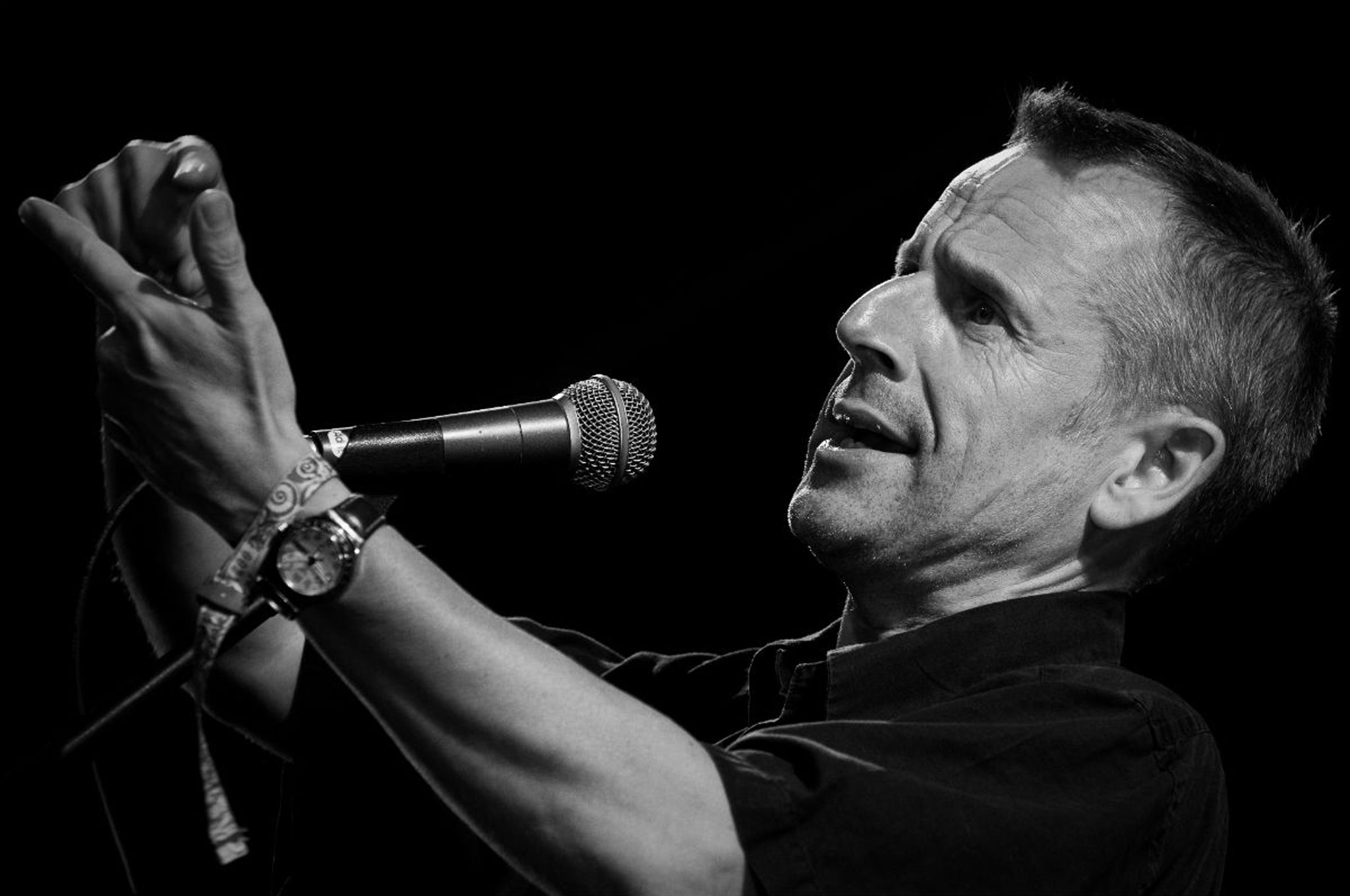The woman who laughed too loudly at the Jeremy Hardy show would have annoyed me too
People who laugh at full volume aren’t showing appreciation, they’re showing off


How ridiculous it seemed. A live comedy show by Radio 4 star Jeremy Hardy had to be halted after a fracas (the BBC is getting used to that word) in the audience. At the show at the Brewhouse theatre in Burton-upon-Trent, two women were involved in a punch-up, after Woman A complained to Woman B that she was laughing too loudly. The police were called, and both parties had to be escorted from the premises.
Actually I don’t find it that ridiculous. Needless to say I wouldn’t go as far as landing a punch on a neighbour in the auditorium, though I’ve often been tempted, and for exactly the reason that annoyed Woman A so much. Having someone sitting near you, who is laughing too loudly, can indeed spoil the enjoyment of a comedy show, and even more so a play or film. Clapping too loudly, or too often, isn’t far behind in my list of sins in the stalls.
I can certainly recall several occasions when I have wanted to clobber a loud laugher. Samuel Beckett’s Waiting for Godot is a comedy, but it is also heart-rending, and one West End production was ruined for me by the bloke in the next seat showing that he was all too aware of the comedy aspect, and laughing knowingly and loudly most of the time. I emphasise the word ‘knowingly’.
For the loud laughers and the loud clappers are, I’m sure, not just showing their appreciation of the performance, they are showing off. I’m always suspicious of people guffawing at the porter’s scene in Macbeth. It was funny 400 years ago, it’s not that funny now, and everyone in the audience knows it backwards anyway. Nine times out of 10, the loud laugher is proclaiming that he or she has studied the play at school and college and recognises allusions to Jacobean life and culture that you don’t, mate.
There’s much more to a laugh than just being tickled. It is a statement of cultural superiority, and a loud laugh is an expression of irritatingly arrogant superiority. Audience members are implicitly speaking to each other in their reactions to a performance. Perhaps they are speaking to each other almost as much as they are showing the appreciation to the performers. Excessively loud clapping at the end of a performance is declaring that my appreciation of this work was just that bit more perceptive than yours. Excessively loud laughter is declaring an acute appreciation of humour that those around me are lacking. And it is irritating because its loudness takes you out of the performance, out of the moment, and makes your neighbour the centre of the attention rather than the person performing.
So, I’m with Woman A. You go ahead and tell Woman B to keep it down. It’s not just what’s happening on stage that can make or mar an evening out.
Let’s name those who are censoring the arts
Leading figures in the arts world have spoken out, at last, about creeping self-censorship in what is allowed to be performed, because of fear of offending religious and cultural minorities. They spoke out, but they didn’t speak out. Jude Kelly, head of London’s Southbank Centre, for example, said during a debate held in a room at the House of Commons, that many institutions wanted to put on difficult work, but were hampered by their boards. “There are endless institutions and boards who feel institutionally anxious about politics, full stop,” she said. So, why not name them? Let’s hear precisely which boards of arts venues are censoring material. No progress is going to be made, if those in the know don’t name and shame.
English National Opera in profit — what’s going on?
English National Opera, as is now well known, has been taken off the Arts Council’s national portfolio and been publicly reprimanded for the apparently awful state of its finances. An acting chief executive has been brought in as boss of the much maligned artistic director John Berry to put the finances in order. This week the company issued its latest annual review (for 2013-14), which far from showing a company mired in debt, showed a surplus of £208,000, with average box office income per performance up 11.4 per cent on the previous year. It’s all a bit confusing. What does seem clear, though, is that the Arts Council owes Mr Berry an apology.
d.lister@independent.co.uk
twitter.com/davidlister1
Join our commenting forum
Join thought-provoking conversations, follow other Independent readers and see their replies
Comments
Bookmark popover
Removed from bookmarks